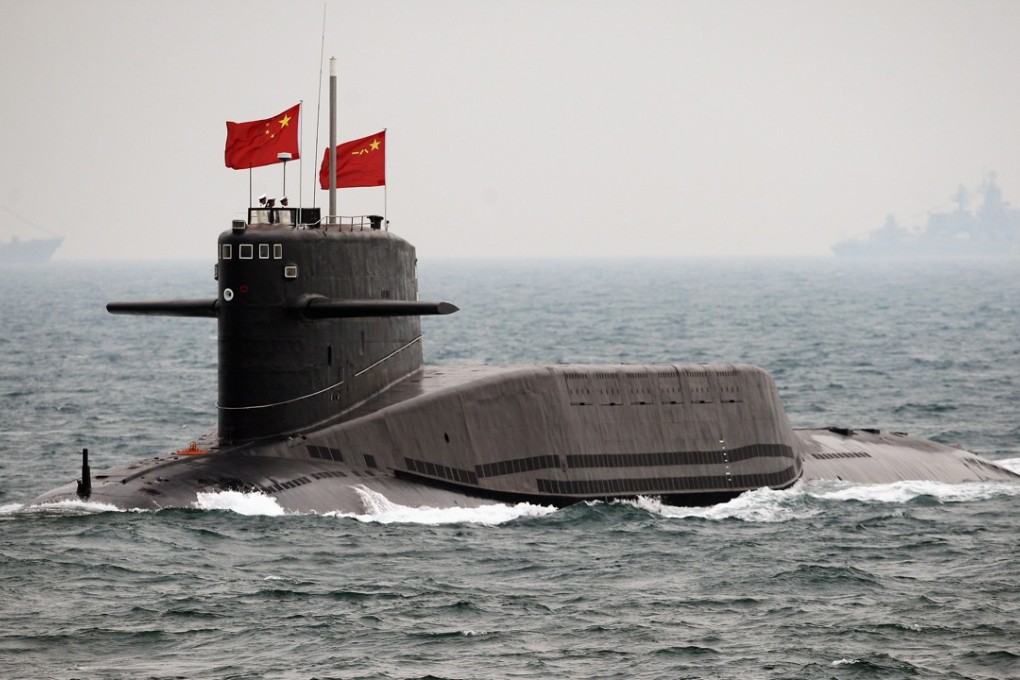Advertisement
Sri Lanka refuses port call for Chinese submarine after Indian leader Modi’s visit
Two Chinese submarine calls at the Colombo harbour in 2014 had reportedly angered India
Reading Time:1 minute
Why you can trust SCMP

Sri Lanka has refused permission for a Chinese submarine to dock at Colombo next week after a similar visit in 2014 angered regional super-power India, a top defence official said.
Chinese authorities had sought clearance for a port call at Colombo where a Chinese state-owned company operates a mega container terminal, the official said asking not to be named.
“They have asked for permission, but we have said no,” the official said Thursday.
Advertisement
“It is a very sensitive matter.” He did not elaborate.
The rejection came as Indian Prime Minister Narendra Modi was visiting Sri Lanka as chief guest of Vesak, the island’s main Buddhist celebration making the birth, enlightenment and the passing of the Buddha.
Advertisement
The request for the Chinese submarine visit was for next week, after Modi’s departure on Friday evening, official sources said.
Advertisement
Select Voice
Choose your listening speed
Get through articles 2x faster
1.25x
250 WPM
Slow
Average
Fast
1.25x